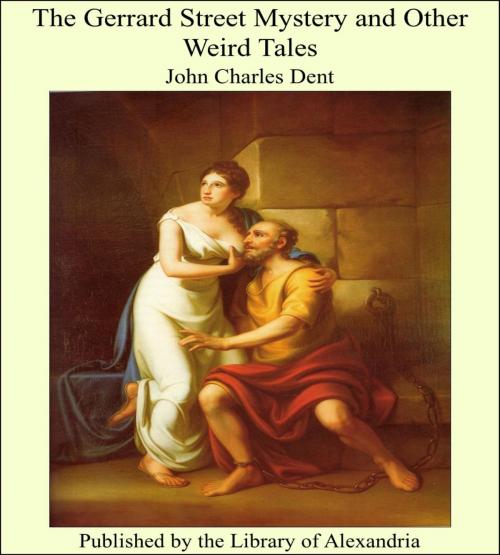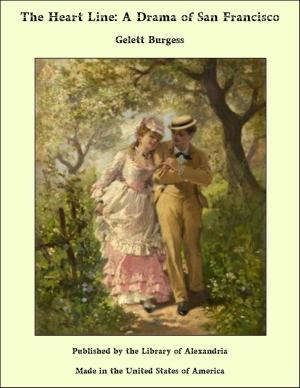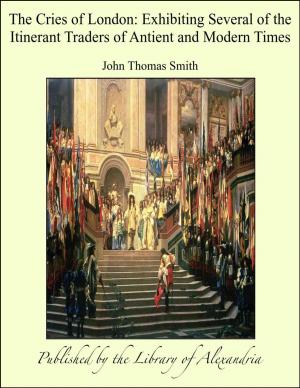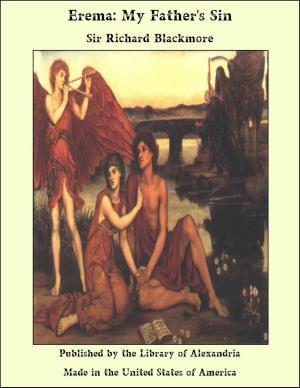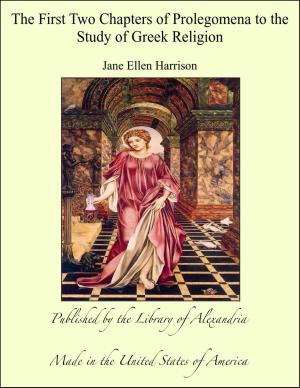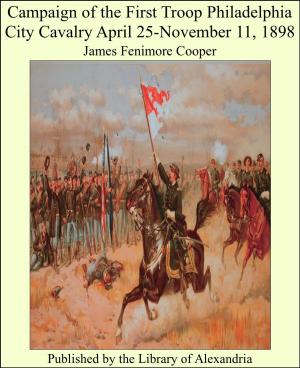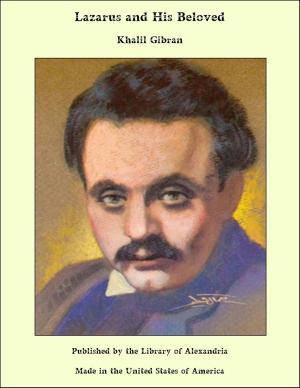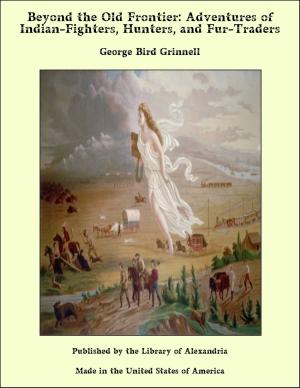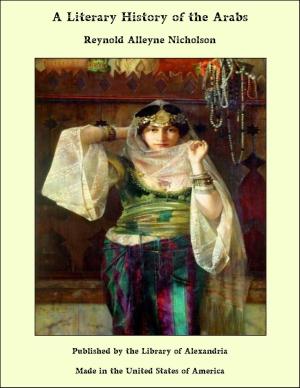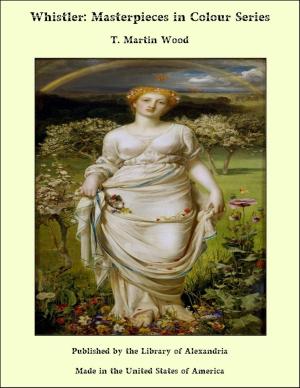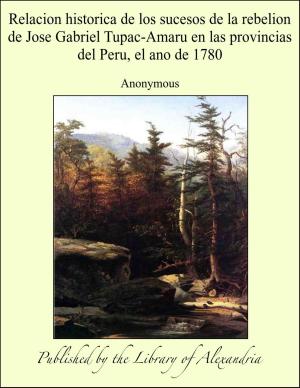The Gerrard Street Mystery and Other Weird Tales
Nonfiction, Religion & Spirituality, New Age, History, Fiction & Literature| Author: | John Charles Dent | ISBN: | 9781465500076 |
| Publisher: | Library of Alexandria | Publication: | March 8, 2015 |
| Imprint: | Language: | English |
| Author: | John Charles Dent |
| ISBN: | 9781465500076 |
| Publisher: | Library of Alexandria |
| Publication: | March 8, 2015 |
| Imprint: | |
| Language: | English |
After remaining in England for several years, Mr. Dent and his family returned to America. He obtained a position in Boston, which he held for about two years. But he finally relinquished it and came to Toronto, having accepted a position on the editorial staff of the Telegram, which was then just starting. For several years Mr. Dent devoted himself to journalistic labours on various newspapers, but principally the Toronto Weekly Globe. To that journal he contributed a very notable series of biographical sketches on "Eminent Canadians." Shortly after the death of the Hon. George Brown, Mr. Dent severed his connection with the Globe, and immediately thereafter commenced his first ambitious undertaking, The Canadian Portrait Gallery, which ran to four large volumes. It proved to be a most creditable and successful achievement. Of course in a brief sketch no detailed criticism of either this or the succeeding works can be attempted. Suffice it to say that the biographies of Canadian public men, living and dead, were carefully prepared, and written from an un-partisan standpoint. In this book there was no padding; every individual admitted had achieved something of national value, and the biographies are, therefore, of importance to the student of Canadian history. This book deserved and attained a considerable circulation, and brought to its author a comparatively large sum of money. Mr. Dent's second book was "The Last Forty Years: Canada since the Union of 1841." This work has been highly praised in all quarters, and is in every way a credit to its author's really brilliant powers as a literary artist. The third work was a "History of the Rebellion in Upper Canada." Although written in his best manner, with the greatest possible care, from authentic sources of information not hitherto accessible, this work has had the misfortune to meet with undeservedly severe criticism. When Mr. Dent began his studies for he held William-Lyon Mackenzie in high esteem, but he found it necessary afterwards to change his opinion. He was able to throw a flood of new light on the characters of the men who took part in the struggle, and if the facts tended to darken the fair fame of some of them, the historian certainly ought not to be censured for it. The tendency of was decidedly in opposition to the ideas entertained to this day by the partizans of the "Old Family Compact" on the one side, and also to the friends and admirers of William Lyon Mackenzie on the Other. But the severe criticism the work sustained, has left it stronger than before, and it will stand undoubtedly as by far the best history of the "Rebellion" that has appeared
After remaining in England for several years, Mr. Dent and his family returned to America. He obtained a position in Boston, which he held for about two years. But he finally relinquished it and came to Toronto, having accepted a position on the editorial staff of the Telegram, which was then just starting. For several years Mr. Dent devoted himself to journalistic labours on various newspapers, but principally the Toronto Weekly Globe. To that journal he contributed a very notable series of biographical sketches on "Eminent Canadians." Shortly after the death of the Hon. George Brown, Mr. Dent severed his connection with the Globe, and immediately thereafter commenced his first ambitious undertaking, The Canadian Portrait Gallery, which ran to four large volumes. It proved to be a most creditable and successful achievement. Of course in a brief sketch no detailed criticism of either this or the succeeding works can be attempted. Suffice it to say that the biographies of Canadian public men, living and dead, were carefully prepared, and written from an un-partisan standpoint. In this book there was no padding; every individual admitted had achieved something of national value, and the biographies are, therefore, of importance to the student of Canadian history. This book deserved and attained a considerable circulation, and brought to its author a comparatively large sum of money. Mr. Dent's second book was "The Last Forty Years: Canada since the Union of 1841." This work has been highly praised in all quarters, and is in every way a credit to its author's really brilliant powers as a literary artist. The third work was a "History of the Rebellion in Upper Canada." Although written in his best manner, with the greatest possible care, from authentic sources of information not hitherto accessible, this work has had the misfortune to meet with undeservedly severe criticism. When Mr. Dent began his studies for he held William-Lyon Mackenzie in high esteem, but he found it necessary afterwards to change his opinion. He was able to throw a flood of new light on the characters of the men who took part in the struggle, and if the facts tended to darken the fair fame of some of them, the historian certainly ought not to be censured for it. The tendency of was decidedly in opposition to the ideas entertained to this day by the partizans of the "Old Family Compact" on the one side, and also to the friends and admirers of William Lyon Mackenzie on the Other. But the severe criticism the work sustained, has left it stronger than before, and it will stand undoubtedly as by far the best history of the "Rebellion" that has appeared
